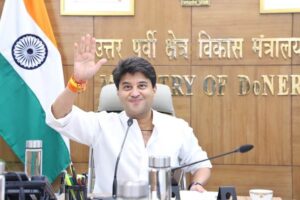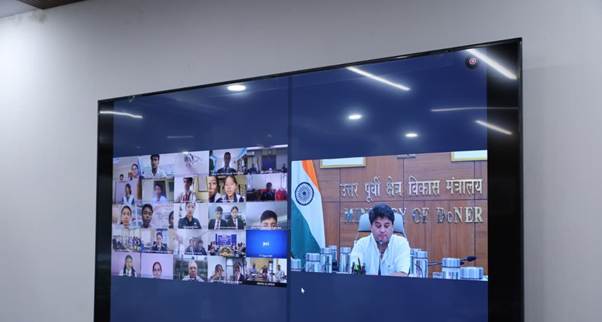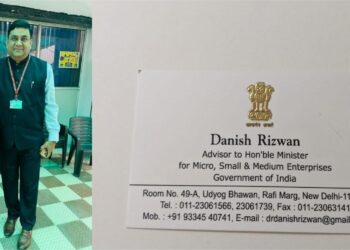Bengaluru/New Delhi: For 16-year-old Ananya from Mizoram, the sight of a satellite being readied for launch at ISRO’s facilities was more than just a science lesson. “It felt like a dream come true. I never thought I would see this with my own eyes,” she said, her voice brimming with excitement.
Ananya is one of nearly 400 students from the North East who have already participated in NE-SPARKS — the North East Students’ Programme for Awareness, Reach, and Knowledge on Space. The flagship initiative, led by the Ministry of Development of North Eastern Region (MDoNER) in partnership with NESAC-ISRO and all eight state governments, aims to ignite scientific curiosity by giving meritorious students first-hand exposure to India’s space program.
The program’s scale is ambitious: 800 students, 100 from each North Eastern state, will be taken to premier ISRO centers in Bengaluru. Four batches have already completed their visits, including 205 girls and 189 boys, each group accompanied by mentors and coordinators.
On Thursday, Union Minister Jyotiraditya M. Scindia logged in virtually to interact with the latest batch of 100 students. The minister was in his element, turning what could have been a formal address into a lively conversation. “Space is the final frontier, and India is moving forward because of the spark that you children carry,” he told them, connecting their aspirations to India’s own milestones like Chandrayaan-3, Aditya-L1, and the upcoming Gaganyaan mission.
For many of the students, this was their first time outside their state, their first time stepping into a high-tech research hub, and their first real interaction with scientists. They shared stories of how the visit gave them new clarity about pursuing careers in science and technology. One student from Arunachal Pradesh said she now dreams of working on satellite communications to improve connectivity in remote areas.
Scindia’s words struck a chord, especially with students from small towns and remote villages. “Every child carries a spark, a spark of curiosity and intelligence, which can shine from any part of the country and the world,” he said, emphasizing that innovation is not bound by geography.
Behind the numbers and speeches, NE-SPARKS is building something less tangible but far more important — confidence. For young students who often feel distant from India’s corridors of science and technology, the program brings the future within reach.
With 400 more students set to participate in upcoming batches, coordinated closely with state governments, the initiative is on its way to reaching its target. And for the students who have already returned home, the spark has been lit — one that may one day fuel India’s next leap in space exploration.

















